It has been three weeks since the death of George Floyd. Three months since the death of Breonna Taylor. Six years since the deaths of Michael Brown, Eric Garner, and 12-year-old Tamir Rice.
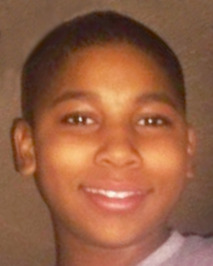
And this is only but the tip of the iceberg.
In fact, throughout United States history, there is no era in which the police were not a force of violence against black people.
In the 18th and 19th centuries, the institution of policing emerged as slave patrols that caught and returned runaway slaves.
In the mid-19th and 20th centuries, the first municipal police departments enforced Jim Crow segregation laws.
Today, in the 21st century, the police continue to disproportionately target marginalized populations, display excessive force, and use military-grade equipment and tactics to quash protests.
Despite these facts, both Democrats and Republicans have continued to pump millions of dollars into this failed institution just as they have slashed spending on other public services over the years.
As such, a serious reassessment of policing in the United States is long overdue – and three weeks of protests across all fifty states may have finally generated enough momentum to ignite the conversation.
Most notably, calls to defund or even abolish the police have been gaining traction in important cities such as Minneapolis, Dallas, and Los Angeles.
Typically, people tend to think of the police as responsible for ensuring public safety, solving crimes, catching bank robbers, chasing serial killers.
However, most police officers do not actually spend the majority of their time arresting the worst criminals. Instead, they issue parking tickets, respond to noise complaints, chase loose dogs, and deal with other noncriminal issues.
So, no – less policing does not mean, as the President suggests, that “robbers and rapists” will be getting their way.
Instead, money and attention will be directed towards other forms of social welfare and public services.
Most cases of alcoholism, mental illness, drug addiction, or homelessness are better handled by social workers instead of officers with guns who treat work like going to war.
Generally speaking, society as a whole has been indoctrinated with the idea that handcuffs, prisons, and the police are the solution to violence and chaos.
But law enforcement is not the only way to build safe communities, and this is especially true in a country where law enforcement is discriminatory and violent.
In ridding society of the police, communities are not opening the doors to violence. Quite the opposite, a more robust social safety net and more dollars spent on housing, education, and healthcare would mean less need for policing in the first place and fewer opportunities for racist officers to brutalize people.
Even if these protests do not result in immediate change, they show that a large group of people are willing to reimagine notions of order and justice, and they also show that Black Lives Matter.
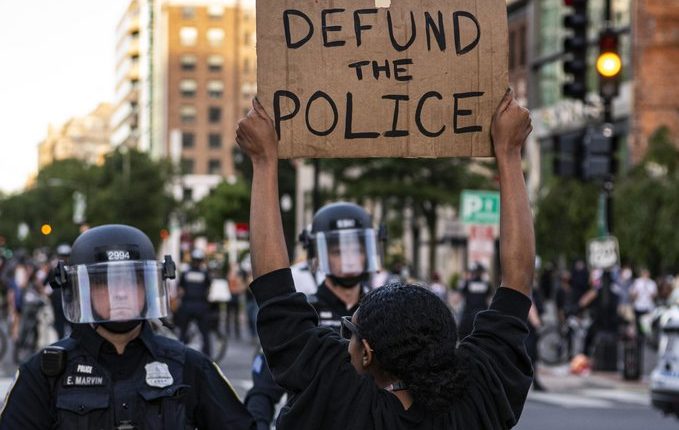

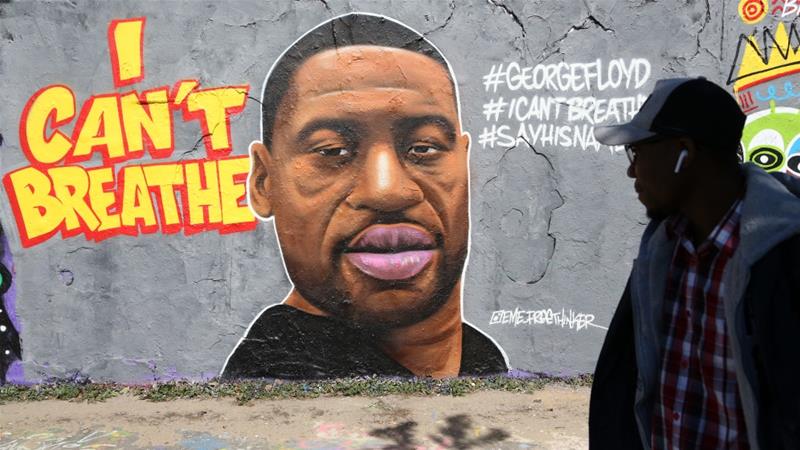
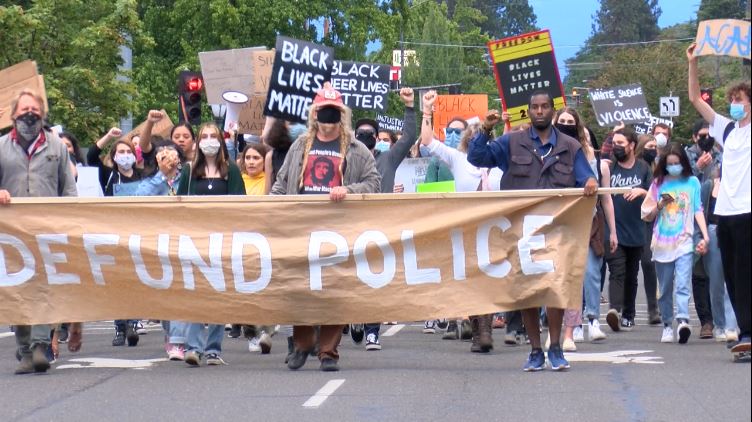
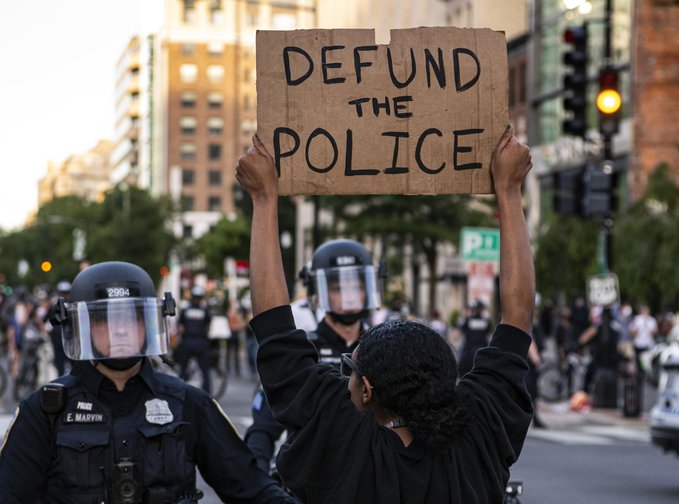
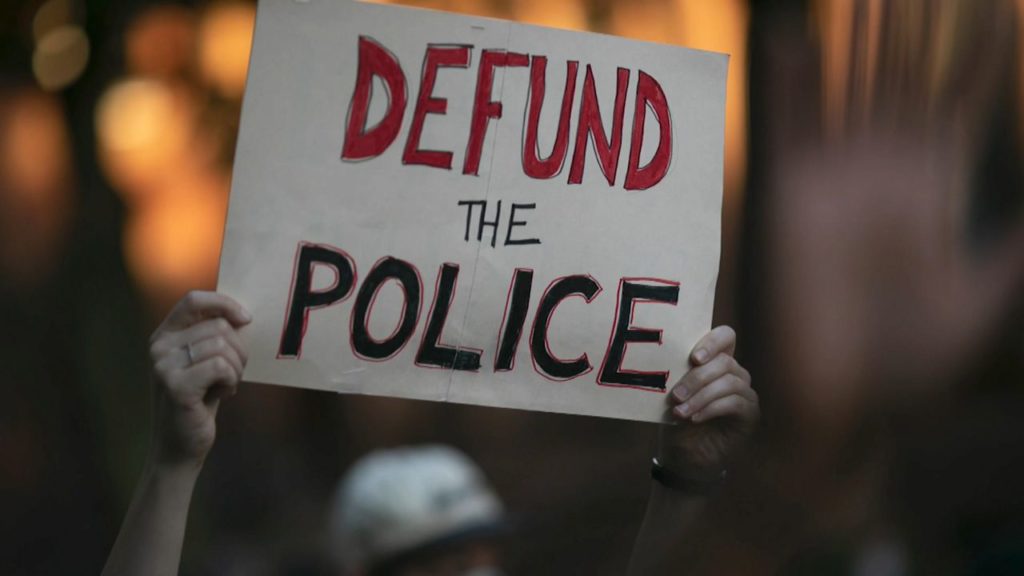








Comments are closed.